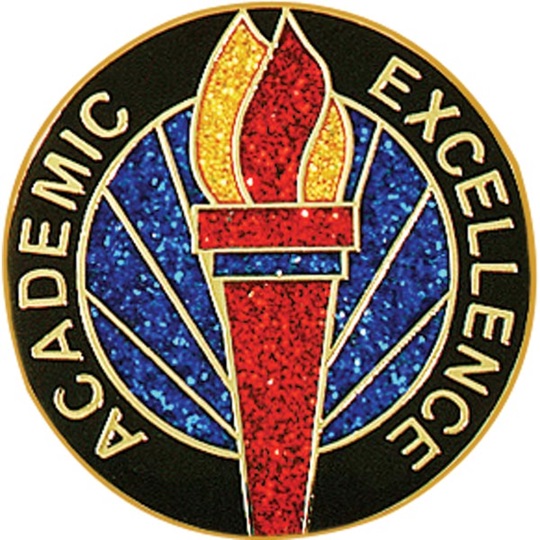A Curriculum Decision That Deserves More Rigorous Deliberation
To ensure that a new K–5 writing curriculum, along with related investments in professional development and organizational changes, delivers meaningful value for students, the Troy School District (TSD) must revise its current approach and align with national best practices for curriculum adoption.
Their Flawed Process Raises Serious Concerns
After months of examining TSD’s process, we have serious concerns about the lack of rigor, transparency, and stakeholder engagement. The district’s justification for adopting a new curriculum appears to rely on incomplete and potentially biased evidence. This raises significant doubts about the validity of its recommendations.
TSD Ignores What Peer Districts Do Well
Our research included a review of how peer districts across Metro Detroit manage curriculum adoption. Unlike TSD, many of these districts actively engage parents, students, and community members throughout the process. TSD stands alone in its limited effort to incorporate these important perspectives.
Achievement Gaps Must Not Be Overlooked
To evaluate how TSD compares to similar school systems, we used the Michigan Department of Education’s “Schools with Similar Characteristics” tool. This resource provides a standardized method to identify peer districts. While many TSD schools perform well, data shows that academic disparities remain for certain student subgroups.
Equity Requires Evidence-Based Decisions
Addressing these disparities is essential for ensuring equity in education. The TSD Board has both a statutory and ethical responsibility to ensure that all curricula serve the needs of every student. That responsibility requires decisions grounded in clear evidence that new materials will help close achievement gaps and raise overall student performance.
If TSD Can Study Furniture, They Can Study Curriculum
TSD has demonstrated that it has the financial and logistical capacity to support thoughtful decision-making. For example, it has funded staff travel to study the effects of classroom furniture on learning. It should be equally willing to invest in rigorous data analysis to identify high-performing peer districts and learn from their successful curriculum practices.
Other Districts Show a Better Way
Nearby districts like Birmingham Public Schools provide a model for doing this well. Birmingham undertook a multi-year review of its English Language Arts curriculum with deep stakeholder involvement and an emphasis on research-based decision-making. TSD’s approach, by comparison, relied on a single meeting and a poorly designed survey that did not allow for meaningful community dialogue.
A Key Date Approaches: MDE’s Approved List
On Monday, June 2, 2025, the Michigan Department of Education will release its list of approved Tier 1 ELA curricula. These programs will have been vetted by state experts to ensure alignment with the new dyslexia laws (Public Act 146). TSD should commit to selecting its writing curriculum from this list to guarantee legal compliance and instructional quality.
Our Board Needs Real Evidence Before Voting
The writing curriculum presented at TSD’s May Board workshop lacked credible evidence or research to support its effectiveness. The Board should not approve a program without clear proof of value. Instead, the evaluation process must include:
1. Identifying peer districts with similar characteristics currently using the curriculum that demonstrably outperform their counterparts; and
2. Demonstrating that TSD has reviewed these districts’ adoption and implementation strategies and is prepared to apply those lessons.
It’s Not Too Late to Get This Right
There is still time to strengthen the district’s approach. The Board must reject any process that resembles a popularity contest based on minimal input. It should adopt a rigorous, data-informed method that prioritizes proven outcomes for students, particularly those who are most vulnerable to falling behind.
Parents Must Demand a Higher Standard
Troy families deserve nothing less. We urge parents and community members to hold the Board accountable and insist on a process that puts student achievement first.
